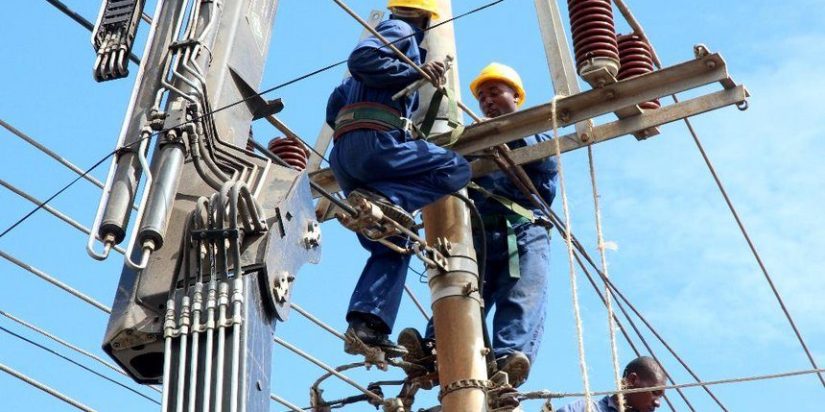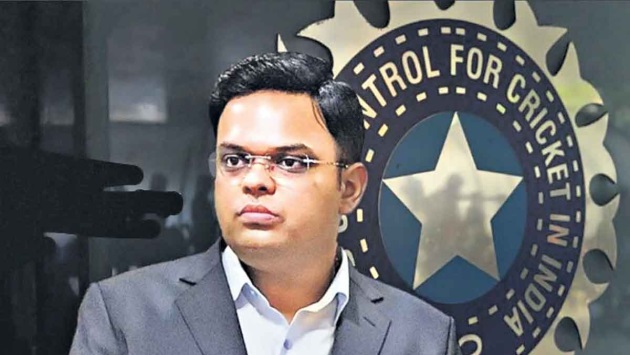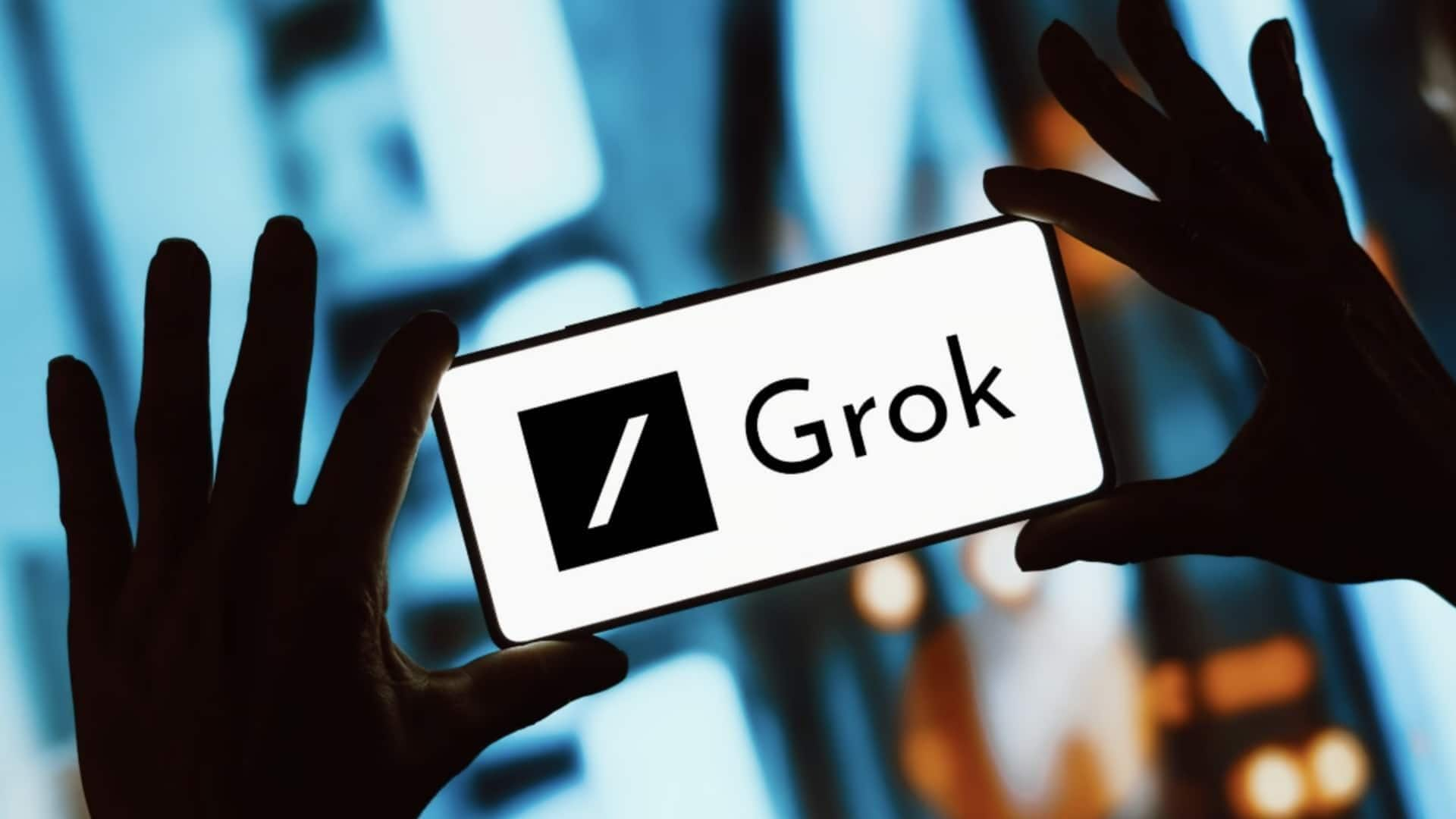
Speech therapist, 55, wins £250k compensation after suing dentist over claims her tongue feels 'on fire' following botched wisdom tooth surgery By Noor Qurashi Published: 13:03, 21 October 2024 | Updated: 13:10, 21 October 2024 e-mail View comments A speech therapist has been awarded £250k after she successfully sued her dentist over the claim her tongue feels 'on fire' due to botched surgery. Alison Winterbotham, 55, was injured while having her lower right wisdom tooth removed by dentist, Dr Arash Shahrak, in November 2020 after suffering painful gum inflammation. During surgery under local anaesthetic, her lingual nerve, which supplies feeling to the tongue, was virtually severed, which she says has left her with almost constant burning pain.
Mrs Winterbotham, who says she is being driven 'nuts' by the pain, took her dentist to the High Court in July, claiming the operation ruined her career in speech therapy and counselling, because it now hurts to talk. Suing, she accused him of negligently failing to advise her about the potential risk of major nerve damage before her tooth was pulled out. Speech therapist Alison Winterbotham (pictured) was injured while having her lower right wisdom tooth removed by dentist, Dr Arash Shahrak, in November 2020 after suffering painful gum inflammation Speech therapist Alison Winterbotham outside London's High Court.
Giving judgment on the claim, Judge Neil Moody KC ruled in favour of Ms Winterbotham, awarding her £265,000 in compensation Today, giving judgment on the claim, Judge Neil Moody KC ruled in favour of Ms Winterbotham, awarding her £265,000 in compensation. The judge found that she would not have gone ahead with the tooth extraction had she been properly warned about the risk of nerve damage and would have been likely to opt for an alternative less risky procedure instead. 'Mrs Winterbotham continues to suffer from constant disabling pain and discomfort,' the judge said, handing her the damages package.
The payout includes over £200,000 for past and future loss of earnings, plus money to cover the cost of getting her neck professionally massaged in a bid to alleviate her symptoms. The court previously heard how Mrs Winterbotham's nerve injury has blighted her personal life and career, 'driving her nuts' and leaving her grappling with chronic pain and feeling mentally drained. 'Nobody will take this pain away, I'm stuck with this til the day I die,' she told the judge from the witness box.
'It's like my tongue is on fire, that's all I can say.' Mrs Winterbotham, from Cambridge, likened her pain to a constant burn, explaining: 'my tongue is burning and tingling all the time and I'm in pain. Dr Arash Shahrak - the dental surgeon being sued over wisdom tooth op leaving High Court in London Stock photo of a dentist with their patient.
The operation itself was not alleged to have been carried out negligently but she was not warned of the specific 'high risk' to her nerves 'Every time I move my tongue to talk a little bit, the nerve gets hyper-stimulated so that it makes the burning and tingling even worse. 'It's worse when I speak,' said Ms Winterbotham, adding that she 'desperately' wants to continue her career, but has been unable to return to speech therapy and can only see two or three counselling clients a day, as she needs to take breaks from talking. Explaining the impact on her client, her barrister Camilla Church said: 'The experts agree that the chronic pain the claimant experiences has significantly and adversely impacted on the quality of her sleep and significantly impacts upon her ability to eat and drink.
'The experts agree that the claimant's ability to speak has been adversely impacted by the chronic neuropathic pain she experiences and that, given that the claimant is a speech and language therapist, her ability to speak impacts her ability to work. 'The experts agree that the index injury and consequent neuropathic pain will impact on her ability to work as a counsellor. Read More Minnesota woman sues dentist who performed eight dental crowns, four root canals and TWENTY fillings in ONE visit - leaving her disfigured 'The experts also agree that the chronic pain the claimant is experiencing has had a significant impact on her social and family life and that the claimant has become socially withdrawn as a consequence of the chronic pain she experiences.
' The barrister claimed during the trial that Dr Shahrak - based at a surgery in Sawston, near Cambridge - was at fault in failing to secure his patient's 'informed consent' before removing her wisdom tooth. The operation itself was not alleged to have been carried out negligently but she was not warned of the specific 'high risk' to her nerves. She said Mrs Winterbotham was not 'advised adequately or at all' as to the risk of nerve injury and was not offered a bone scan to assess the level of that risk.
'She was not advised as to alternative treatment by way of coronectomy, which would have reduced the risk of injury to both the inferior alveolar nerve and the lingual nerve,' she added. A coronectomy procedure would have been a safer option, as it involves removing solely the crown of the affected wisdom tooth while keeping the roots intact, she said. However, Dr Shahrak denied any fault and insisted that he did everything to ensure his patient knew all the potential hazards, including the risk of the injury she suffered.
He told the judge he gave his patient comprehensive advice about the hazards of surgery before it went ahead, and that he had no reason to assess her as 'high risk'. In his witness statement, he said that he offered all the essential information required for Ms Winterbotham to make an informed decision. She had been given a document labelled 'Guidance Note – The Removal of Wisdom Teeth', he said.
Stock photo of a dentist's tools. Dr Shahrak denied any fault and insisted that he did everything to ensure his patient knew all the potential hazards, including the risk of the injury she suffered Stock photo of a dentist's room. Neuro speech therapy expert Robena Dhadda, giving evidence, told the judge that she believes part of the reason Mrs Winterbotham has not returned fully to work is a lack of confidence Alternative coronectomy treatment would never have taken place as there was nothing to suggest that scans should be done which might have suggested it, his lawyers argued.
Neuro speech therapy expert Robena Dhadda, giving evidence, told the judge that she believes part of the reason Mrs Winterbotham has not returned fully to work is a lack of confidence. With psychological counselling, she could get back into speech therapy, she said, adding: 'I believe she could realistically aim to regain 70 to 80% of her pre-incident working capacity. 'She hasn't tried to get back into speech therapy.
I think it's about confidence and low self-esteem why she hasn't tried to get back into speech and language therapy.' With shorter breaks, she could also see more counselling clients, she said. For Mrs Winterbotham's case to succeed, she needed first to establish 'breach of duty' in the dentist failing to highlight all the risks and to point out possible alternative treatments.
Then she had to prove 'on the balance of probabilities' that the nerve damage would have been avoided if she had had alternative coronectomy treatment. The judge giving his ruling said: 'In her witness statement, Mrs Winterbotham addressed the question as to what she would have done if she had been made aware that she was at higher risk of damage to the lingual nerve. Read More Company secretary wins £12,000 payout after dentist left her suffering 'irreparable' tooth decay 'She was certain that she would not have proceeded with an extraction on that day.
She would certainly have requested a CT scan if this had been discussed with her, and she would have asked about having the extraction done under general, rather than local, anaesthetic. 'She said that, as an experienced speech and language therapist, she was already aware of the potential impact and implications of damage to the lingual nerve in terms of sensation, pain, eating and speech, so she would not have taken the extraction so lightly if she had known about the increased risk of the procedure. 'She said 'I'm not a risk taker in life, I tend to be cautious and carefully consider my options.
' 'She said she would have asked Dr Shahrak about any alternative treatments and it would have put her off proceeding with the extraction on that day. She would have wanted to go home and discuss the situation and options with her husband before making a decision. 'There was a negligent failure to warn and, but for the failure to warn, the procedure would not have taken place when it did.
'The relevant breach was a failure to advise that this was a high as opposed to ordinary risk procedure. 'Nerve injury eventuated and that was precisely the injury which should have been warned about. 'Accordingly I conclude that the claimant succeeds on both her primary and alternative cases on causation.
I find that, but for the negligence she would have undergone a coronectomy. 'In the alternative, I find that if she had been properly advised about the material risk of nerve damage, which risk eventuated, she would at the very least have deferred her surgery.' The judge awarded £40,996.
69 for past loss of earnings, £162,517.06 for future loss of earnings and £7,739.40 for future medical treatment, medication and therapies That sum includes over £1,000 to cover the cost of fortnightly specialist neck massages which she hopes will aid her recovery.
Share or comment on this article: Speech therapist, 55, wins £250k compensation after suing dentist over claims her tongue feels 'on fire' following botched wisdom tooth surgery e-mail Add comment.








